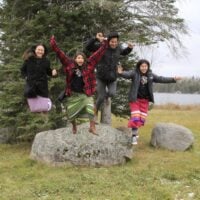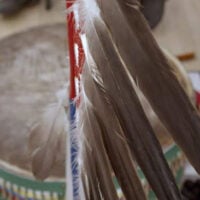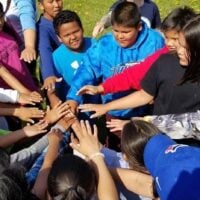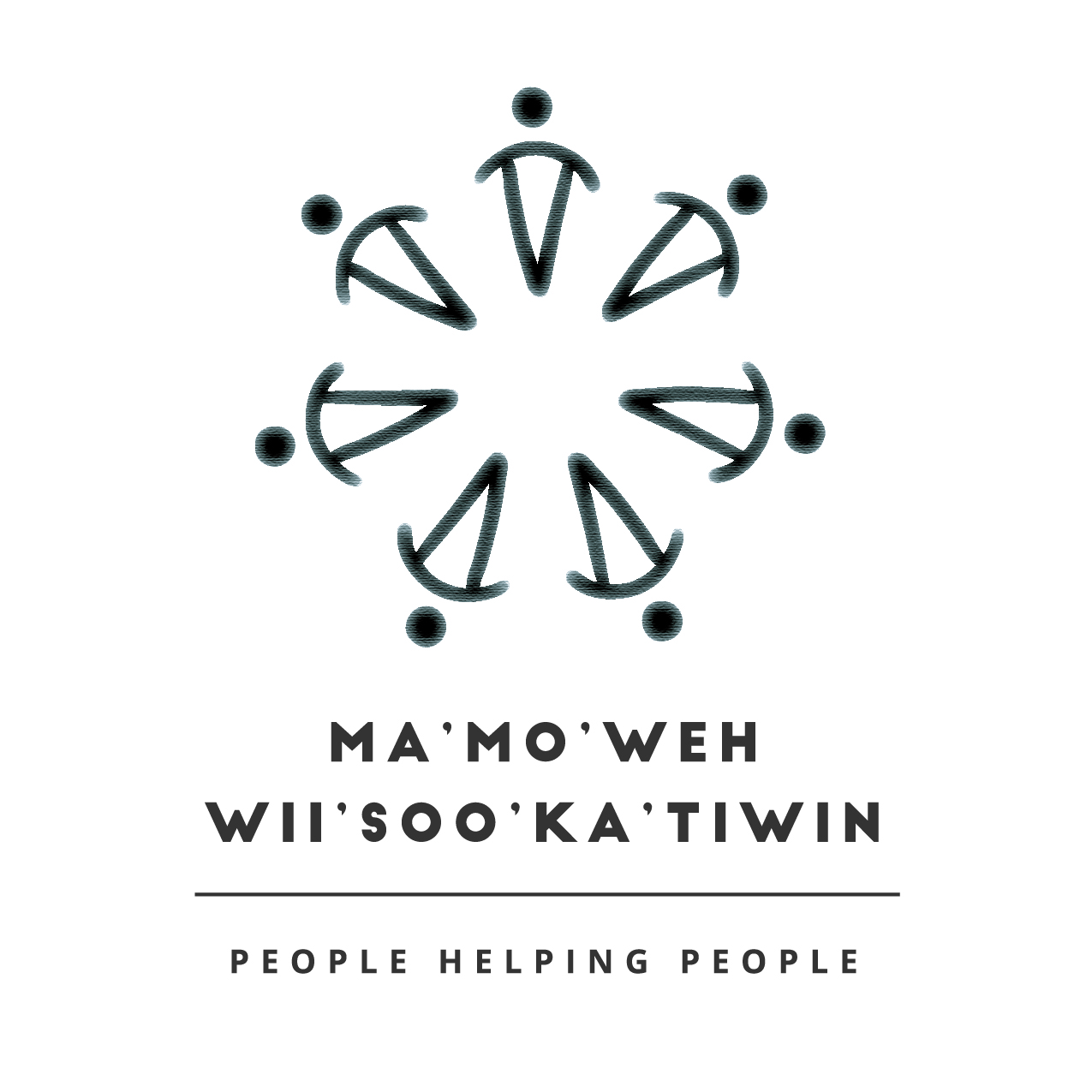People Helping People
MWFoundation
People Helping People
The Ma’mo’weh Wii’soo’ka’tiwin Foundation was established in May 2019 to support the work of the Kenora Chiefs Advisory, an alliance of nine independent First Nations within the Western Region of Treaty 3 Territory. The Ma’mo’weh Wii’soo’ka’tiwin Foundation is dedicated to raising funds for new projects and programs that will meet a wide range of needs with innovative solutions.



